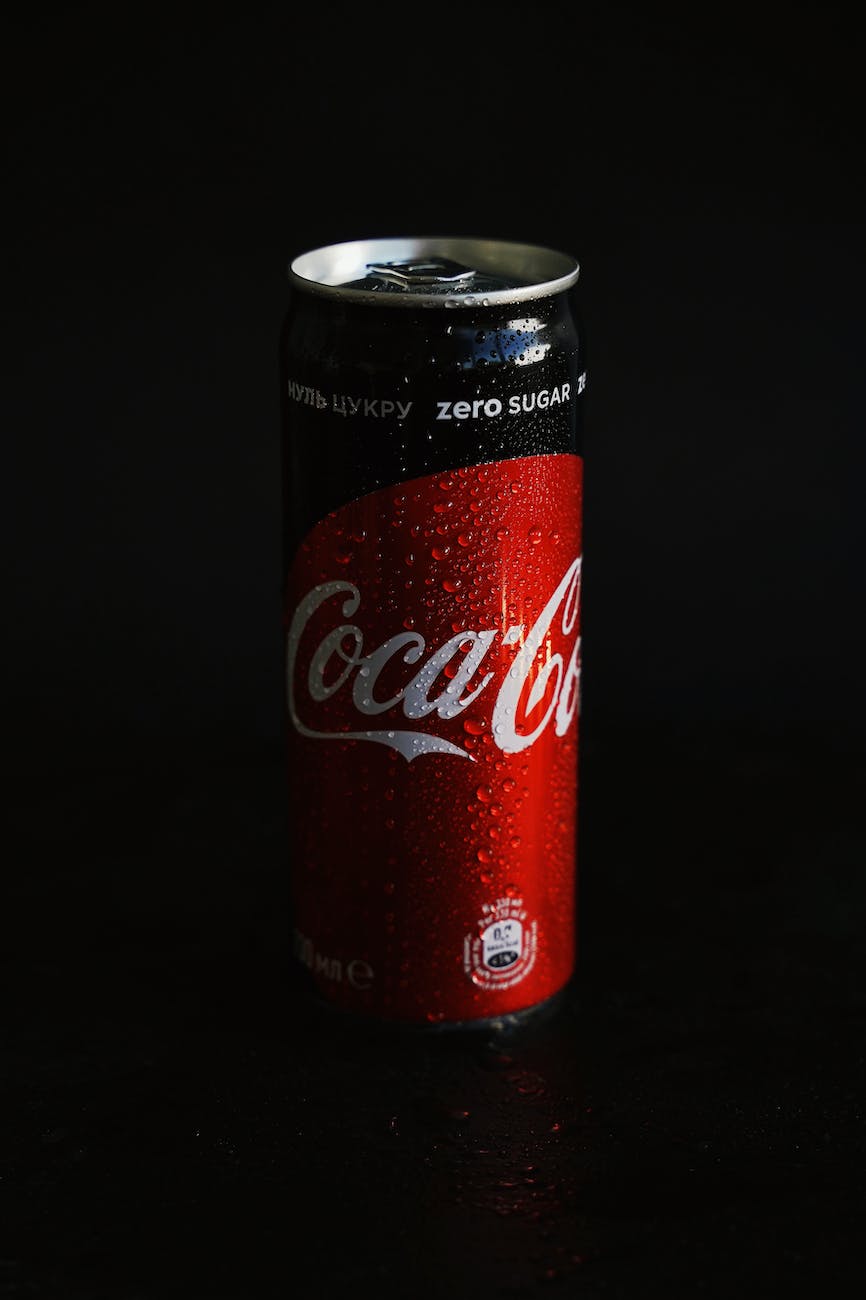
Introduction:
When it comes to what we consume during pregnancy, caution is often the name of the game. In the vast world of dietary choices, few ingredients stir up as much debate as aspartame. This ubiquitous artificial sweetener, found in everything from diet sodas to sugar-free desserts, is often seen as a godsend by those looking to curb sugar intake. But is it truly a safe harbor in the storm of pregnancy dietary restrictions, or is it a siren call leading to uncharted waters?
The scientific community, led by heavyweights like the FDA and numerous health organizations, largely nods in approval, granting aspartame a green light for pregnant individuals when used in moderation. However, beneath this veneer of consensus, a current of skepticism swirls. Questions linger about the long-term implications of aspartame consumption, its breakdown products, and whether the research we rely on is as sweet as it seems or leaves an aftertaste of doubt.
In this deep dive, we’re not just sipping the diet cola of mainstream research; we’re shaking the can to see what fizzes up. Join us as we explore the multifaceted world of aspartame during pregnancy, where not everything is as clear-cut as it appears.
Overview of Aspartame and Its Common Use
Aspartame, that little packet of sweetness in your morning coffee, is more than just a sugar substitute. It’s a staple in the pantries of the health-conscious and a frequent ingredient in ‘diet’ and ‘sugar-free’ labels. But what exactly is this popular sweetener? Chemically, it’s a low-calorie artificial sweetener, about 200 times sweeter than sugar. This means a little goes a long way in satisfying those sweet cravings without the calorie count.
Its widespread use isn’t just limited to beverages. Aspartame is a common fixture in gums, dairy products, and even certain pharmaceuticals. For pregnant individuals watching their sugar intake, aspartame appears like a knight in shining armor. However, before we knight this sweetener, let’s not forget that every hero has a backstory, and not all are fairy tales.
Summary of Research Supporting Aspartame’s Safety
The green flag for aspartame comes with substantial backing. The FDA, along with other global health agencies, has deemed it safe for the general population, including those expecting. This verdict isn’t just plucked from thin air; it’s supported by a multitude of studies. For instance, research findings consistently indicate that aspartame does not contribute to birth defects or pose significant risks when consumed within the acceptable daily intake.
But research, like a double-edged sword, can cut both ways. It’s crucial to acknowledge that while many studies paint a reassuring picture, they’re often short-term and may not fully encapsulate the complexity of long-term consumption or the nuances of pregnancy. The question then becomes not just about the safety but about the depth and breadth of our understanding.
Areas of Ongoing Debate and Skepticism
Despite the reassuring chorus of mainstream science, a persistent hum of skepticism can’t be ignored. Critics point out that the safety of aspartame, especially during pregnancy, isn’t a closed case. Concerns arise over its breakdown products – aspartic acid, phenylalanine, and methanol – and their potential impact on both mother and child.
Critics also question the studies’ methodologies, the potential influence of the sweetener industry, and the possibility of overlooked long-term effects. After all, pregnancy is a delicate balancing act, and what’s at stake is not just the health of one, but two.
Potential Concerns and Risks
Venturing beyond the surface, the aspartame story reveals some intriguing subplots. One of the primary concerns hinges on its breakdown components, particularly phenylalanine. In the general population, these components pose little to no risk, but the script flips when we talk about pregnancy. Could these compounds, in the unique physiological context of pregnancy, present unforeseen risks? This question remains a poignant part of the aspartame puzzle.
Then there’s methanol – a word that often raises eyebrows. While the amounts produced from aspartame metabolism are minuscule, the mere presence of this compound in any capacity during pregnancy warrants a closer examination. The overarching question is not just about the presence of these compounds, but their interaction within the intricate symphony of prenatal development.
Moreover, the concern isn’t only about the physical health implications. Some studies, albeit controversial and not conclusively proven, hint at a possible connection between high consumption of artificial sweeteners and changes in appetite or taste preferences. Could aspartame, then, subtly influence dietary habits, nudging expectant mothers toward a sweeter palate?
Comparisons with Other Sweeteners
When it comes to sweetening the pregnancy diet, aspartame isn’t the only player on the field. Alternatives like sucralose, stevia, and monk fruit also vie for the spotlight. Each brings its own profile of benefits and drawbacks to the table.
Sucralose, for instance, is known for its heat stability, making it a favorite in baked goods. Stevia, derived from a natural source, often wins points for those seeking a ‘cleaner’ label. Monk fruit, another natural option, is gaining traction for its unique flavor profile and health halo.
But how do they stack up against aspartame? While none of these sweeteners have been conclusively linked to major health concerns during pregnancy, their varying structures and breakdown products offer a diverse palette for expectant mothers to consider. The choice often boils down to personal preference, dietary needs, and, sometimes, the advice of a healthcare provider.
Experts’ Differing Opinions and Recommendations
The narrative of aspartame during pregnancy isn’t just a matter of black and white; it’s painted in shades of grey by differing expert opinions. Some healthcare professionals stand by the FDA’s endorsement, reassuring their patients about the safety of aspartame in moderation. Others, more cautious, advise a minimalistic approach, suggesting natural sweeteners or even a reduced reliance on sweet flavors altogether.
Nutritionists and dieticians also chime in, emphasizing the importance of a balanced diet during pregnancy. They often point out that while aspartame might not be harmful, it doesn’t contribute nutritional value, either. The underlying message seems to be about making informed choices, not just in terms of safety but also in nutritional adequacy.
This divergence in expert opinion is not just confusing for expectant mothers; it’s a reflection of the complex and evolving nature of dietary science. The key takeaway? There’s no one-size-fits-all answer, and personalization of dietary choices, under professional guidance, remains paramount.
Personal Stories and Anecdotes
In the midst of scientific debates and expert opinions, personal stories offer a relatable perspective. Forums and social media are replete with accounts of expectant mothers grappling with dietary choices, including the use of aspartame. Some share their reasons for avoiding it, often citing a precautionary principle or an instinctive aversion to artificial ingredients. Others recount their comfortable use of aspartame, backed by their doctors’ assurances and their own research.
These anecdotes, while not scientific evidence, add a valuable dimension to the discussion. They underscore the diversity of experiences and perceptions, highlighting that the decision about aspartame during pregnancy is often a deeply personal one, influenced by a tapestry of factors beyond just scientific data.
Conclusion
Our journey through the complex landscape of aspartame during pregnancy brings us to a place of cautious contemplation. While the consensus among many health authorities is that aspartame is safe in moderation, the lingering doubts and debates suggest a narrative that’s still being written. The decision to include or exclude aspartame from a pregnancy diet is nuanced, intersecting with personal health, dietary preferences, and risk perceptions.
Ultimately, the choice resides with the individual, ideally informed by a dialogue with healthcare providers. As we navigate these waters, let’s remember that pregnancy is a unique journey for each individual, and what works for one may not for another. The overarching goal? To foster a nurturing environment for both mother and child, underpinned by informed and mindful dietary choices.
Disclaimer
This article is intended for informational purposes only and should not be taken as medical advice. Always consult with a healthcare provider for personalized dietary guidance during pregnancy.
FAQs:
- Is aspartame safe to use during pregnancy?
- Aspartame is generally considered safe for use during pregnancy by health authorities like the FDA, when consumed in moderation.
- How much aspartame is safe to consume daily while pregnant?
- The World Health Organization recommends a daily limit of no more than 40 milligrams of aspartame per kilogram of body weight for pregnant women.
- Can aspartame cause birth defects?
- Current research, including studies where mothers consumed much higher than recommended amounts, has not linked aspartame to birth defects.
- Are there any side effects of aspartame for pregnant women?
- For the general population, aspartame is safe with no significant side effects. However, individuals with phenylketonuria (PKU) should avoid aspartame.
- Does aspartame affect blood sugar levels during pregnancy?
- Aspartame does not raise blood sugar levels, making it a common choice for those managing blood sugar, including some with gestational diabetes.
- Are there any long-term effects of consuming aspartame during pregnancy?
- Research to date has not conclusively identified any long-term effects of aspartame consumption during pregnancy, but studies are ongoing.
- Is aspartame better or worse than other artificial sweeteners during pregnancy?
- Aspartame, sucralose, and stevia are all considered safe during pregnancy. The choice often depends on personal preference and dietary needs.
- Can aspartame consumption during pregnancy influence the baby’s taste preferences?
- There’s ongoing research into whether artificial sweeteners affect taste preferences, but conclusive evidence linking aspartame to changes in a baby’s taste preferences is not currently available.
- Should I avoid aspartame in the first trimester?
- There’s no specific recommendation to avoid aspartame during the first trimester. However, if you have concerns, it’s best to consult your healthcare provider.
- Are natural sweeteners a safer option during pregnancy?
- Natural sweeteners like stevia and monk fruit are also considered safe during pregnancy. Choosing between artificial and natural sweeteners often comes down to personal preference and dietary considerations.
Blog Tags:
Pregnancy Nutrition, Aspartame Safety, Artificial Sweeteners, Gestational Diabetes, Healthy Pregnancy Diet, Phenylketonuria, Pregnancy Health, Dietary Choices During Pregnancy, Sugar Substitutes, Maternal Health












